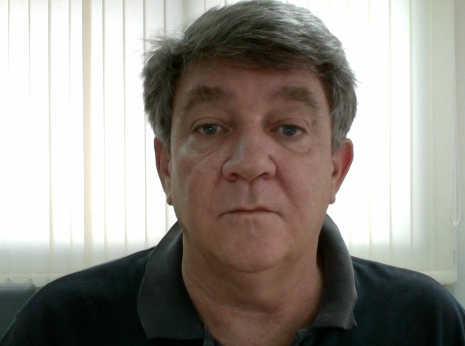
If it weren’t for mining you wouldn’t be reading this. There would be no computers, no cars, no cellphones, no electric lighting, no heart defibrillators, no hip replacements. True there would be no Tomahawk cruise missiles either, or Gaddafi’s tanks to aim them at, but nor would there be canned goods for the survivors of Sendai. Mining might not be an unalloyed good but that is beside the point. Without it, the life most of us know would be impossible. Of course, extracting the metals and minerals we want comes at a price. The industry changes landscapes, destroys forests, impacts on water tables and watersheds and uproots indigenous people who mostly have few alternatives to their traditional livelihoods. We may need mining but we are also entitled to demand that companies and governments do all that is possible to protect environments and peoples. In those Western countries where mining is an important industry, safeguards for the environment and indigenous people have been painfully and painstakingly put in place over many decades. In countries such as Australia and Canada, home to some of the biggest operations of the global majors, public opinion increasingly demands the highest standards of care during operations and viable rehabilitation of the site after the project is finished. The companies’ own shareholders have also supported these initiatives out of a sense of enlightened self-interest. They are only too aware of the risk of costly legal action if things go wrong. Politicians in the West have done their bit to respond with tough - and enforced - laws. They can afford to of course, with enterprises that began in colonial times when indigenous issues were unheard of the environment was, well, where you put the mines. But developing countries haven't yet had time to reach that sort of accommodation. Ecosystems have suffered, livelihoods have been destroyed, guarantees and promises broken. Little wonder then that in many countries, pledges by foreign mining firms to protect the environment are greeted skeptically by people who have heard it all before. Catholic activists are at the forefront of many campaigns around Asia to oppose proposed mines and lobby on behalf of indigenous people and others whose lives are blighted by mining activities. In the coming weeks we will take an in-depth look at large and small projects around the region, the risks they pose to ecosystems and people and how best those risks can be managed and losses to locals ameliorated. We will also look at ways in which the debate can be reframed to create effective dialogue between companies, governments, people and activists including those from the Church. Mining presents a complex conundrum, one we must solve because we cannot live without the tools of the modern world. But neither can we live with blighted environments and people’s ruined lives. Today we begin with the first of three articles on the giant Tampakan Copper and Gold Project in Mindanao in the southern Philippines. Bill Condie is editor-in-chief of ucanews.com


